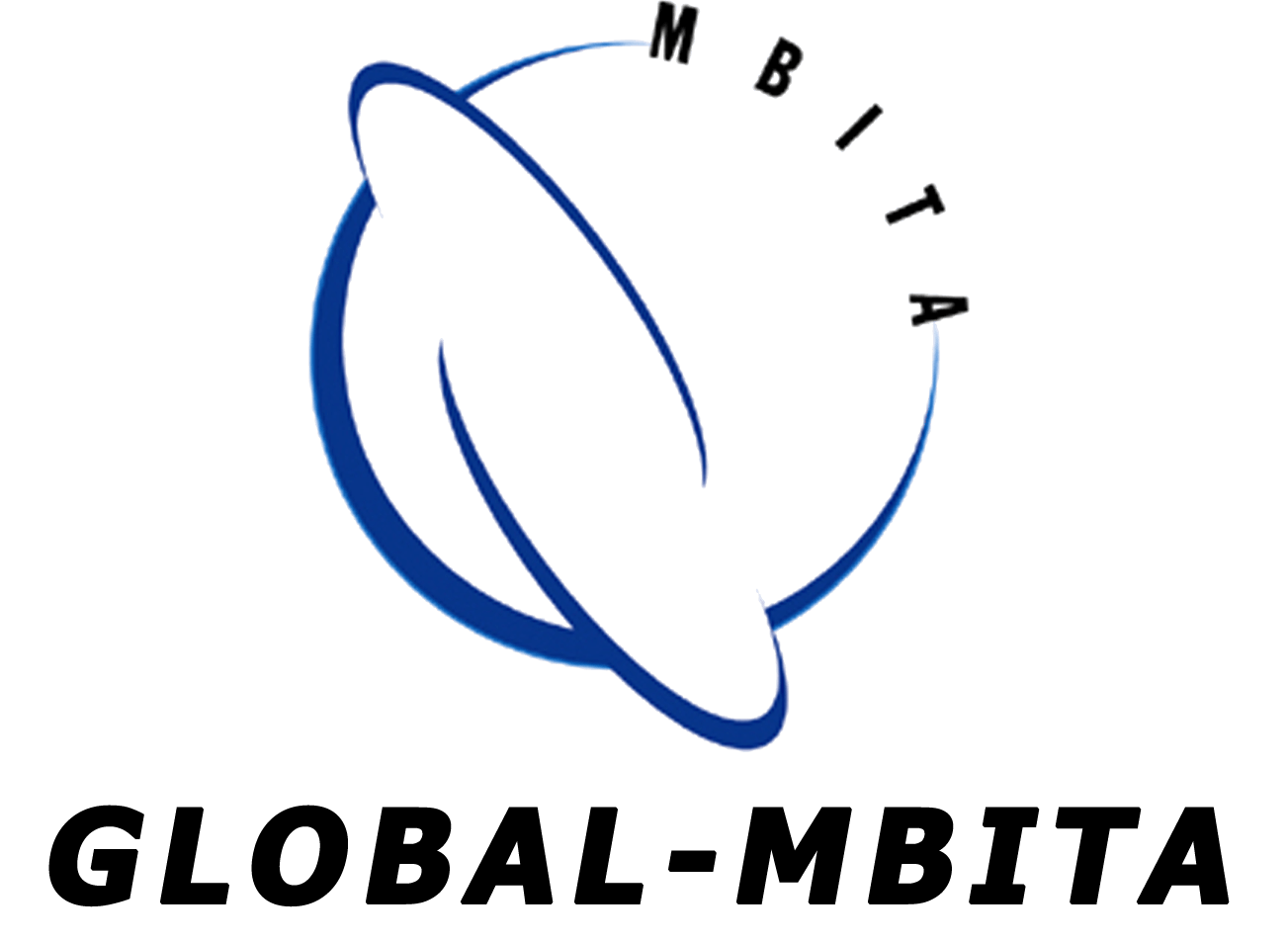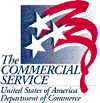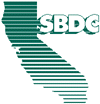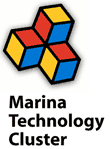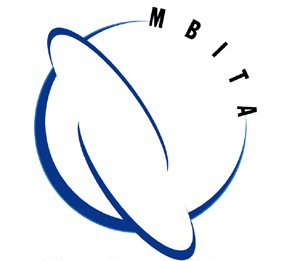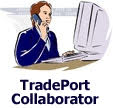President
Tony Livoti
MBITA
Vice President
Shay Adams
AIM Medical Sales
Members:
Dr. Edward Valeau
Hartnell College
Salinas
Dr. Victor Cordell
Monterey Institute of International Studies (MIIS)
Marcelo Siero
IdeasSiero
Jim Faith
TradePort.org
Staff:
Cristina Polesel
General Manager
Emi Hirano
Marketing Assistant
Tomoko Takamura
Marketing Assistant
Lidia Thompson
Eastern European Consultant
This newsletter has been created by MBITA's editor
Cristina Polesel
cristina@mbita.org
MBITA New Member: Homeland Security Innovation Association (HLSIA)
Port Security ...
A Brave New World
By Donald Masters, Ph.D.
Homeland Security Innovation Association (HLSIA)
Port security is a top priority for the U.S. Department of Homeland Security and the task is huge. Some three-quarters of U.S. merchandise trade is shipped through the nation's seaports. In the three years following the 9/11 terrorist attacks, the United States has taken the lead in tightening port security through three important initiatives:
1) Customs Trade Partnership Against Terrorism (C-TPAT) is a joint government-business initiative aimed at building "cooperative relationships that strengthen overall supply chain and border security". Essentially, it is a non-contractual voluntary agreement whereby applicants complete the C-TPAT Supply Chain Security Questionnaire and sign a C-TPAT Agreement to Voluntary Participate. The program requires participants to encourage their business partners to incorporate security recommendations/guidelines along the entire supply chain. Participants in the program benefit by receiving preferred customs treatment i.e. accelerated customs clearance. The relationship is based on U.S. Customs gaining familiarity with the importer or shipper which in turn leads to a lower risk score. The system is subject to periodic verifications and either party can withdraw from the relationship by simple notification. By May 2003, some 3,000 companies had signed up, including 2,119 importers, 20 U.S. port authorities/terminal operators, 410 carriers and 806 brokers/freight forwarders.
3) "The 24 Hour Advance Vessel Manifest Rule" is perhaps the most burdensome and controversial initiative launched to date by the U.S. Government. It aims at information collection and is closely associated with the CSI program. The goal of the "24 hour rule" is to identify prior to loading those containers which are thought to be high risk. The rule was strengthened considerably under the U.S. Trade Act (2002) which imposes sanctions and penalties on shippers who fail to comply. As amended, the act requires the shipping community to provide advanced electronic information for cargo. Prior to 2002, only carriers participating in the vessel Automated Manifest System (AMS) were required to provide information electronically.
However, more recent regulations effectively oblige all vessel carriers operating in U.S. trade to use AMS. Moreover, the requirement now includes both U.S. exporters and importers. While technically only Cargo Declaration (CF-1302) needs to be filed 24 hours prior to container loading at the foreign port, considerable additional manifest information must be completed prior to arrival at the U.S. port. Finally, these regulations affect containers that are in transit to U.S. ports. In other words, containers transported on the same ship but are not off loaded at the U.S. port are subject to manifest declarations and the 24 hour rule.
In conclusion, new U.S. security regulations impose significant compliance costs on the international shipping community. These costs relate to fixed costs of new equipment and technologies being deployed to screen shipments plus administrative costs related to the extensive new reporting requirements for U.S. customs.
Contact
Donald Masters , Ph.D.
Homeland Security Innovation Association (HLSIA)
Tel. 831-277-4593
Fax 831-622-0368
Web: www.hlsia.org
email: masters@hlsia.org
MBITA New Member:
Bart Meza & Associates
"The bureaucracy that Peruvians have to deal with to comply with their political system and their lack of information to overcome these hurdles impairs the growth of Peruvian economy", states Mr. Meza.
On September 13th, 2004 the U.S. Ambassador James Curtis Struble and the Andean community signed an agreement to facilitate bilateral trade between the U.S. and Peru. Mr. Meza states "this agreement is a good step towards helping economic development, as well as helping the spirit of solidarity in the international community and it should encourage bilateral trade with Peru while improving for the people of Peru".
"Another added benefit of this agreement will also decrease the Peruvians interest in the production of the coca leaves which will curtail the export of cocaine from Peru", Mr. Meza concludes.
Contact:
Bart Meza, President
Bart Meza & Associates
Tel. 831-372-9314
email: bartmeza1@yahoo.com
MBITA New Member:
- Business Planning and Business Plan preparation
- Market Research, Strategic Planning & Feasibilities Studies
- Merger & Acquisitions
- Joint Venture Partnering
- Manufacturing Vendor Selection Process
- Entrepreneurial Process Training
- Start-up Organization Structure and Growth
- International Business Development
- International Marketing and Channel Development
- Cross-Cultural Training
- Doing Business in the U.S. and U.S. business training for foreign managers
- Foreign Delegation and Trade Mission Coordination
- International Conference and Seminar Planning
MBITA Member Success Story:
Based in Santa Cruz, CA, MBITA Member IP Society is a donor supported membership organization working to increase public awareness of, and participation in, the evolution of intellectual property rights and emerging technologies. IP Society's mission is to provide outreach from the intellectual property professions to entrepreneurs, technologists, artists and investors.
The general public has a growing thirst for knowledge concerning the interaction of intellectual property in the realms of private, entrepreneurial, governmental, social and communal activities. The IP Society addresses this thirst and engenders wider popular support for the enforcement of reasonable and beneficial intellectual property rights.
TradePort Announces Trade Finance
Online (TEFO), an Initiative in Trade Finance
by Jim Faith, Director of Operations
TradePort is pleased to announce TradePort Export Finance Online (TEFO), a trade finance program for small business. TEFO provides consulting services in trade finance and access to pre-export working capital for California's small and mid-sized enterprise companies (SMEs), their buyers, suppliers and partners worldwide.
Large multinational banks are generally thought to be the most experienced in trade finance. Frequently these services are reserved for their major clients and maintain transaction minimums of $1M or more. These banks are less interested in working with SMEs because of smaller deal size and volumes accompanied by greater risk. In fact, small importers and exporters often present a business profile that creates obstacles to financing. Even SMEs with large trade deals are not attractive to larger banks due to risk and credit issues such as loan concentration, debt-earnings ratio restrictions or insufficient collateral.
The TEFO Program is a managed financial network of banks, lenders and brokers focused on the SME market. The TEFO/TradePort partnership brings together the international trade strengths of TradePort, CalTrade Coalition California's trade promotion community, private sector banks and lenders, the U.S. Department of Commerce, the U.S. Export-Import (EXIM) Bank and the Small Business Administration (SBA) for the benefit of SMEs trade development.
While large companies normally have structures in place to generate, market and expand their businesses, SMEs often need direct, customized assistance in taking their first steps into global markets, or in expanding the number of markets in which they trade. TEFO's mission is to provide access to affordable trade finance and credit, which is considered the key to the growth and health of a company's trade capacity.
TEFO will assist exporters and importers in finding and negotiating better deals on their trade financing. TEFO will provide loan counseling and access to pre-shipment working capital and transaction financing from $10,000 to $10,000,000, as well as Letters of Credit, Factoring, Purchase Order financing, Medium term Foreign Buyer financing, Supplier financing and Forfait financing.
Approximately 40,000 companies exported from California in 2003. Nearly 94 percent of these companies - accounting for almost 40 percent of the state's total exports - were SMEs with less than 500 employees. In fact, more than 85 percent of all California exporters were small firms with less than 100 workers.
Importers and exporters can use the TEFO website to research their trade finance options, with additional tutorials provided on the TradePort site. Users can submit their contact information and financial requirements via an online form. TEFO staff will review the information contact the borrower for follow-up, qualification and discuss various options. More and more of this process will be automated over time and as funding becomes available. Ultimately, with private sector partners, TEFO will provide a seamless, end-to-end solution for the SMEs' financial supply chain.
- Short-term working capital loans for specific international sales purchase orders (up to 12 months).
- Single or multiple transactions (revolving lines of credit).
- Direct loans and/or standby letters of credit.Credits arranged by TEFO may be used to finance the purchase of materials, services and labor to fulfill export sales orders and contracts. Qualified California exporters may receive loans to extend post-shipment payment terms to creditworthy foreign buyers.
Credits arranged by TEFO may be used to finance the purchase of materials, services and labor to fulfill export sales orders and contracts. Qualified California exporters may receive loans to extend post-shipment payment terms to creditworthy foreign buyers.
TEFO's loan counseling is provided free of charge. Neither the service provider nor the lender will increase their respective fees to cover these costs. Since there are no additional costs, it may be advantageous to check with TEFO and see if we might provide a better solution than you may have found on your own.
Really Useful Sites for International Trade Professionals is recognized worldwide as a valuable source of information for international professionals worldwide. The bi-weekly newsletter pinpoints international trade-related resources on the Web that subscribers can use in their daily business (and personal) lives. Subscribers in more than 30 countries depend on the newsletter to stay up to date in their work and business development.
One subscriber says "Of all the newsletters and magazines that I receive - both email and paper - yours is the one that is the most useful, the first one I route to others regularly and the only one I take home from work."
Really Useful Sites for International Trade Professionals is free and new subscribers can sign up at fita.org/usefulregister.html.
Sponsors, Partners, & Affiliates
